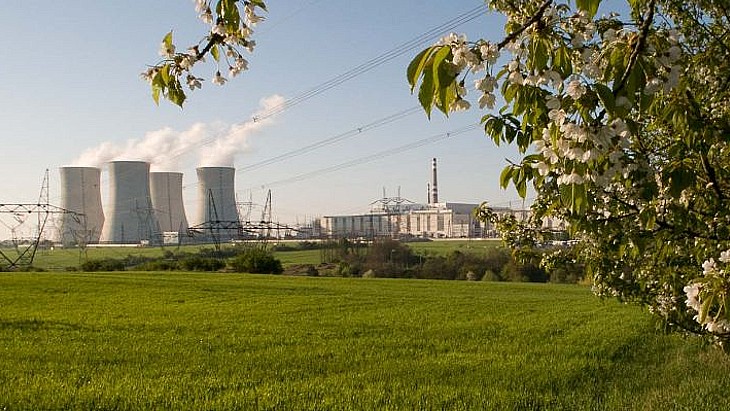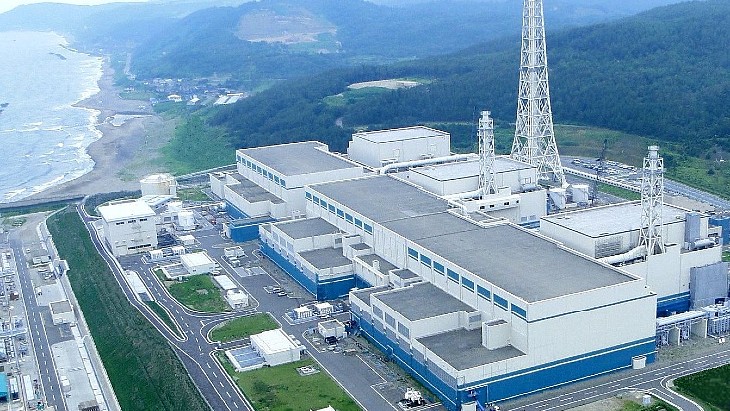US Secretary of State Michael Pompeo on 27 May announced the end of the US sanctions waiver covering all remaining JCPOA projects in Iran: the conversion of the Arak research reactor; the provision of enriched uranium fuel for the Tehran Research Reactor; and the export of Iran's "scrap and spent" research reactor fuel. A final, 60-day wind-down period will allow companies and entities involved in those activities to cease their operations. The USA is however providing a 90-day extension for the waiver covering ongoing international support to ensure safety of operations at the Bushehr nuclear power plant, he said.
"We deeply regret the US decision to end the three waivers covering key JCPOA nuclear projects in Iran, including the Arak Modernisation Project," the spokespersons of the High Representatives of the EU and the Foreign Ministries of France, Germany and the UK said in a joint statement issued on 30 May. "These projects, endorsed by UN Security Council resolution 2231, serve the non-proliferation interests of all and provide the international community with assurances of the exclusively peaceful and safe nature of Iranian nuclear activities.
"We are consulting with our partners to assess the consequences of this decision by the United States.
"The JCPOA is a key achievement of the global non-proliferation architecture and currently the best and only way to ensure the exclusively peaceful nature of Iran's nuclear programme. That is why we have worked continuously with the aim of ensuring the full and effective implementation of commitments under the JCPOA, in particular the return of Iran to full compliance with its nuclear commitments without delay."
Zhao Lijian, spokesman for China's Foreign Ministry, on 29 May said the US decision to end the waiver "hampers" international non-proliferation progress and shared efforts to preserve the JCPOA.
"The Arak reactor conversion is an important part of the JCPOA and a joint project of parties to the agreement," he said. "China is ready to work with other parties to continue upholding the deal and safeguarding its own legitimate rights and interests."
The JCPOA was signed in July 2015 by Iran and the E3/EU+3 (China, France, Germany, Russia, the UK and the USA - also referred to as the P5+1 - plus the European Union) and implemented in January 2016, clearing the way for the lifting of nuclear-related economic sanctions against Iran. Under its terms, Iran agreed to limit its uranium enrichment activities, eliminate its stockpile of medium-enriched uranium and limit its stockpile of low-enriched uranium over the subsequent 15 years.
The IR-40 heavy water reactor, which was under construction at Arak at the time of the JCPOA's implementation, was declared by Iran to be a replacement for the existing Tehran research reactor but was seen as a proliferation risk due to its potential for plutonium production. Under the JCPOA, Iran agreed to redesign and rebuild the reactor, with the assistance of the P5+1, to support peaceful nuclear research and radioisotope production for medical and industrial purposes without the ability to produce weapons grade plutonium. China and Iran in 2017 signed a first commercial contract for the reconstruction of the reactor.
US President Donald Trump in 2018 announced the termination of the USA's participation in the JCPOA, directing the US administration to begin the process of re-imposing sanctions on Iran.

.jpg)



_53514_33880.jpg)


_91467.jpg)





